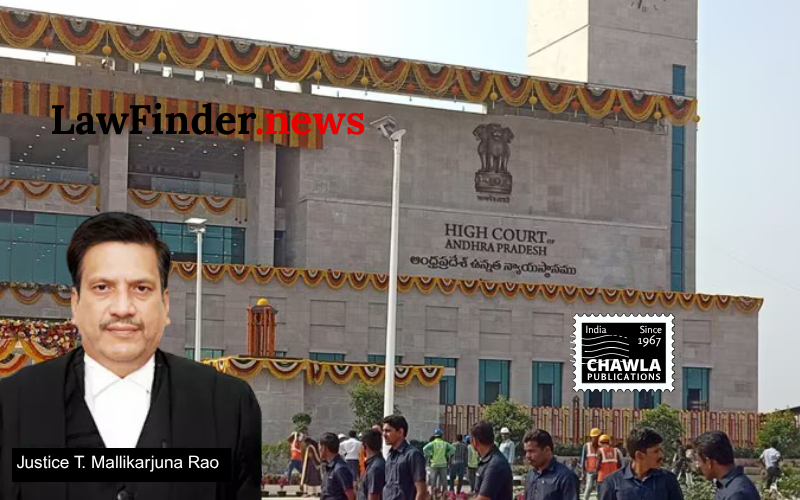Court Affirms Limited Revisional Jurisdiction, Emphasizes Need for Corroborative Evidence in IPC Section 498A Cases
In a significant ruling, the Andhra Pradesh High Court has dismissed the Criminal Revision Case filed by Kattabathuni Seethamahalakshmi, challenging the acquittal of her husband in a case alleging harassment under Section 498A of the Indian Penal Code. The judgment, delivered by Justice T Mallikarjuna Rao on September 19, 2025, reaffirms the limited scope of revisional jurisdiction and emphasizes the necessity of credible evidence to sustain allegations of harassment.
The case originated from a complaint filed by Seethamahalakshmi, who accused her husband of harassment, including threats and physical abuse, allegedly related to his demands for money to clear his debts. The trial court had acquitted the husband, citing a lack of corroborative evidence and unsubstantiated claims.
Justice Rao, referencing precedents from the Supreme Court, highlighted the principle that High Courts cannot convert acquittals into convictions unless there is compelling evidence of manifest illegality or gross miscarriage of justice. The judgment underscored that mere assertions or unsubstantiated allegations are insufficient to prove harassment under Section 498A IPC, and the burden of proof lies firmly on the prosecution.
Despite Seethamahalakshmi's testimony and attempts to corroborate her claims through witnesses, the court found the evidence lacking in specificity and credibility. The judgment noted that the prosecution failed to substantiate its allegations with documentary or ocular evidence, leading to the conclusion that the case was initiated with the intention of harassing the accused.
The court also reiterated the standard of proof required in criminal cases, emphasizing that allegations must be established "beyond a reasonable doubt." The ruling serves as a reminder of the importance of detailed and corroborated evidence in legal proceedings, particularly in cases involving serious allegations like harassment.
The High Court's decision to uphold the trial court's acquittal reflects a careful consideration of the evidentiary standards and procedural requirements that govern criminal trials. It also underscores the judiciary's role in ensuring that convictions are based on solid and credible evidence, safeguarding the principles of justice and fairness.
Bottom Line:
Exercise of revisional jurisdiction by the High Court in cases of acquittal is limited to exceptional circumstances involving manifest illegality or gross miscarriage of justice. High Court cannot convert acquittal into conviction directly or indirectly unless compelling evidence is overlooked or procedure is violated.
Statutory provision(s): Sections 397, 401 of the Criminal Procedure Code, 1973; Section 498A of the Indian Penal Code, 1860
Kattabathuni Seethamahalakshmi v. State of A P, (Andhra Pradesh) : Law Finder Doc Id # 2781461




